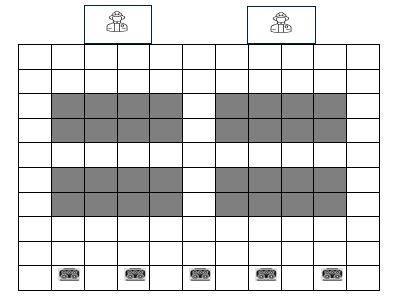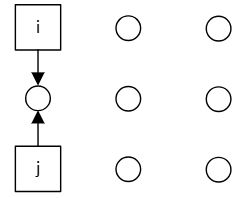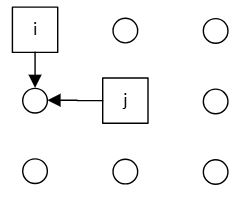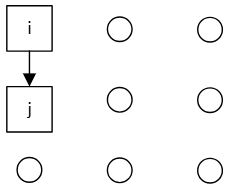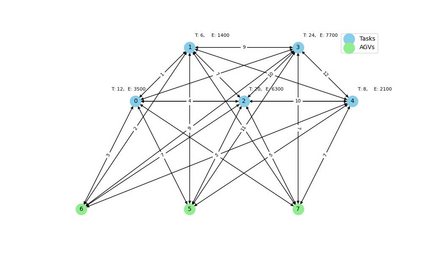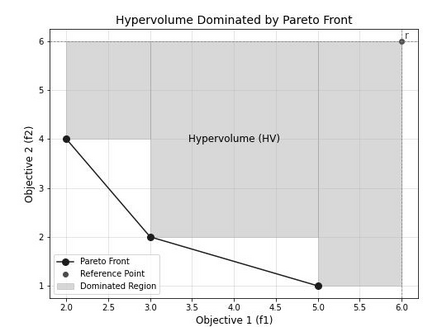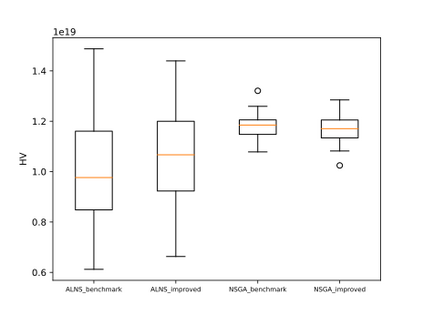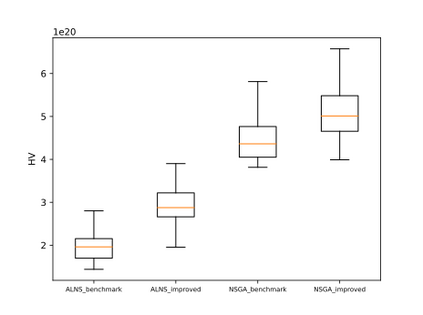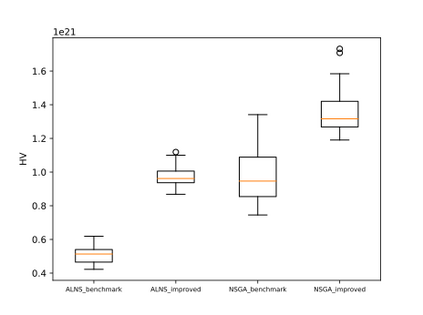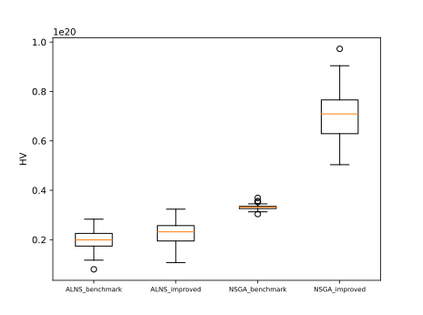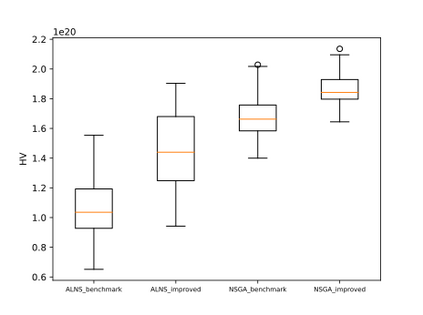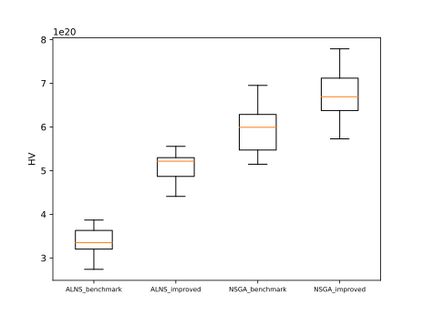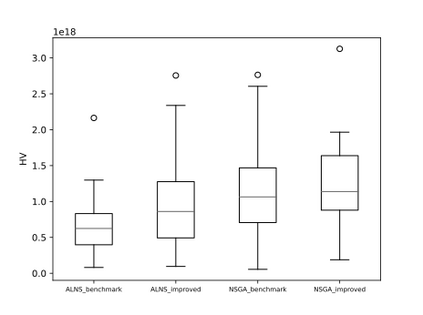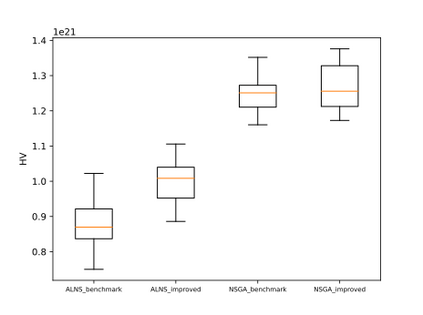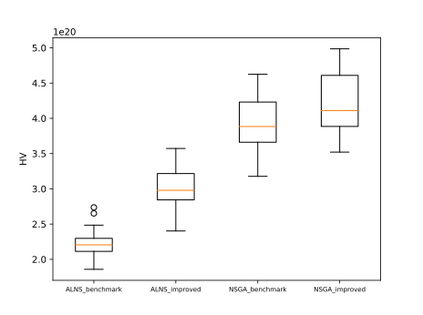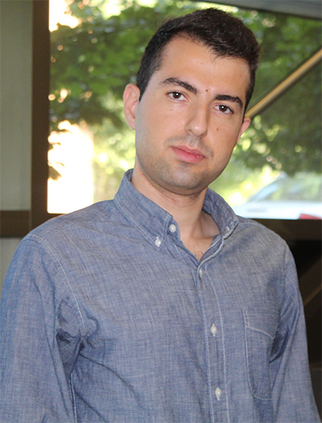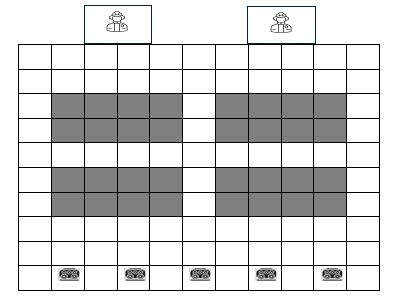Multi-Agent Path Finding (MAPF) has gained significant attention, with most research focusing on minimizing collisions and travel time. This paper also considers energy consumption in the path planning of automated guided vehicles (AGVs). It addresses two main challenges: i) resolving collisions between AGVs and ii) assigning tasks to AGVs. We propose a new collision avoidance strategy that takes both energy use and travel time into account. For task assignment, we present two multi-objective algorithms: Non-Dominated Sorting Genetic Algorithm (NSGA) and Adaptive Large Neighborhood Search (ALNS). Comparative evaluations show that these proposed methods perform better than existing approaches in both collision avoidance and task assignment.
翻译:暂无翻译

